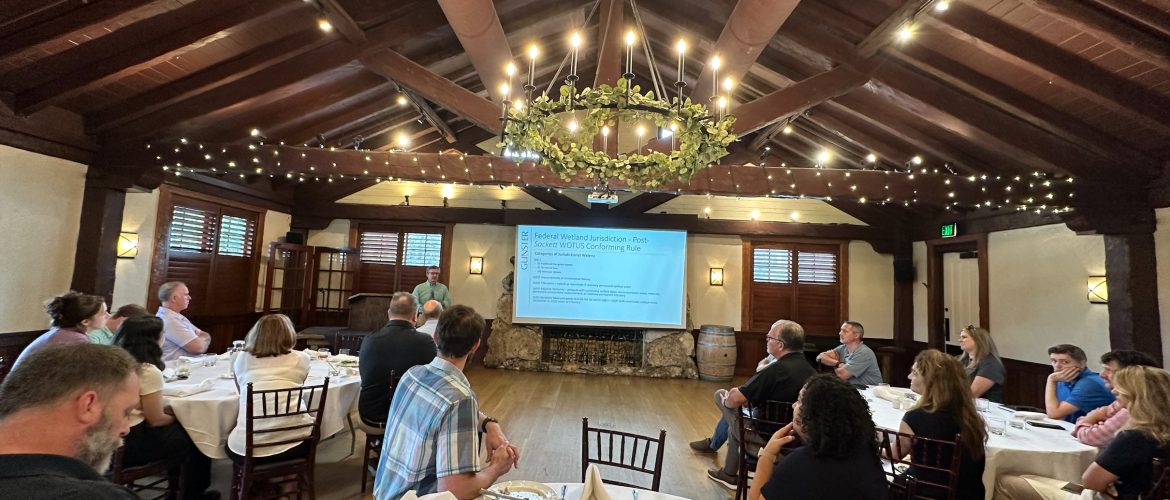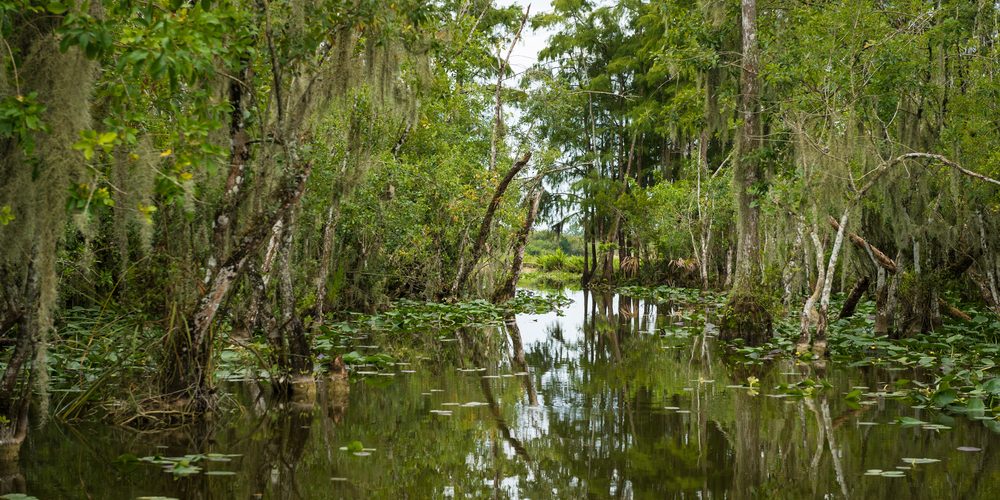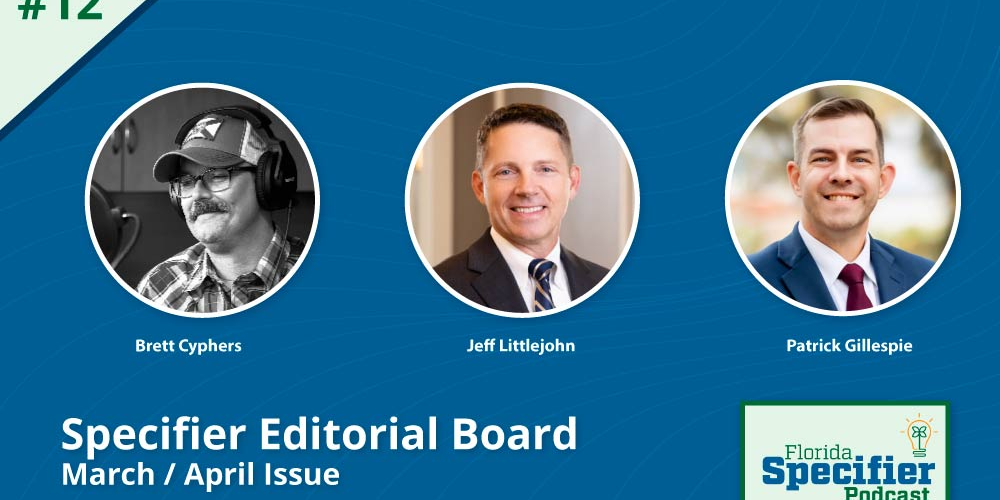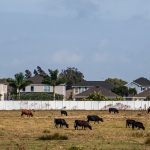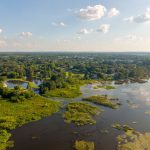Explore the benefits of the new USACE Regulatory Request System (RRS) for faster and more efficient environmental permit applications. Learn how it impacts the mitigation banking industry.
Environmental Mitigation Delivered – Banking Dominates According to USACE Data (National Environmental Banking Association) Mitigation Bank Credits continue to answer most of the nation’s most pressing environmental challenges – with real environmental restoration – with no temporal loss. Mitigation bank credits were the mitigation solution 92% of the time from 2015 to 2024 when compared to ILF program withdrawn (released/earned) credits according to U.S. Army Corps data. This new data demonstrates that successful, proven mitigation banks are relied upon to offset unavoidable
The State of Florida’s Federal 404 of the Clean Water Act Program The State of Florida’s Federal 404 of the Clean Water Act Program plays a vital role in overseeing dredge and fill activities within state waters, encompassing a wide range of projects from residential to environmental restoration endeavors. On February 15, 2024, a federal court order was issued for the temporary rescinding of the Florida Department of Environmental Protection (FDEP)’s authority to issue Federal Section 404 permits. The State of Florida 404
Protecting the Gopher Tortoise: Efforts to Safeguard a Florida Threatened Species Hello to all our valued readers and conservation enthusiasts, As the CEO of the Mitigation Banking Group, I am committed to promoting awareness and action towards the protection of Florida’s diverse wildlife. Today, I want to discuss a vital member of our ecosystem, the gopher tortoise (Gopherus polyphemus), a species recognized as threatened in our state. Gopher Tortoise Day Recap We just celebrated Gopher Tortoise Day last month, but It’s never
U.S. Army Corps Partners with Florida Power & Light to Enhance Permit Processing The U.S. Army Corps of Engineers Jacksonville District is proposing to accept and expend funds from Florida Power & Light Company to expedite processing of their Department of the Army permit applications. The funds would be used to augment the budget of the Corps in accordance with the provisions of Section 214. The Corps Regulatory Program is funded as a Congressionally appropriated line item in the annual Federal budget. The
Combating the Burmese Python Threat in Florida’s Ecosystems Greetings to our dedicated followers and partners in environmental conservation, At the Mitigation Banking Group, we continually strive to support and highlight efforts that protect and restore our natural ecosystems. Today, I am drawing your attention to a critical issue affecting Florida’s biodiversity: the invasive Burmese python. The Growing Threat Florida’s lush landscapes are under siege by one of the most challenging invasive species to control—the Burmese python. These non-native snakes pose a significant threat to
Hello to all our followers and partners in sustainability, As the CEO of the Mitigation Banking Group, I am always eager to share updates that impact our environment and the regulatory landscape we navigate. Today, I’m highlighting a significant advancement in environmental stewardship from Orange County, Florida—a place where we, too, have deep-rooted interests and commitments. Recently, Orange County has taken a bold step to bolster the protection of its wetlands, those vital natural systems often dubbed the earth’s kidneys due
Navigating the Waters: The Ongoing Saga of Florida’s State 404 Permitting Program In the ever-evolving landscape of environmental regulation, Florida’s State 404 Permitting Program has recently undergone significant judicial scrutiny. As the CEO of the Mitigation Banking Group, I’m here to provide a detailed update on the recent court rulings and subsequent actions that have substantial implications for wetland permitting in our state. On April 23rd, a pivotal decision was made by Federal District Court Judge Moss regarding Florida’s Clean Water Act
New Water & Environmental Programs in Florida Florida’s focus on water and environmental programs has increased recently, with the ratification of the statewide stormwater rule and the opening of Florida rules regarding Water Quality Credit Trading (WQCT) and Water Quality Enhancement Areas (WQEA). Learn more about this topic in Episode 12 of the Florida Specifier Podcast featuring the Editorial Board. Check it out here: https://floridaspecifier.com/podcast/episode-12-editorial-board/ WQCT and WQEA Rulemaking Update: https://floridadep.gov/water/engineering-hydrology-geology/documents/wqea-rule-draft-march-2024
Wetland Mitigation Law and Procedure Webinar On April 11, 2024, professionals across various environmental disciplines are gearing up for the Wetland Mitigation Law and Procedure webinar. This webinar is a great way to gain knowledge, insights, and innovations from leaders in wetland science, mitigation banking, and environmental law. Complete the form to access the webinar. hbspt.forms.create({ region: "na1", portalId: "6970733", formId: "2a0d0d5c-d461-4b35-83ad-dced7741e90f" }); Wetland Science and Wetland History in the



